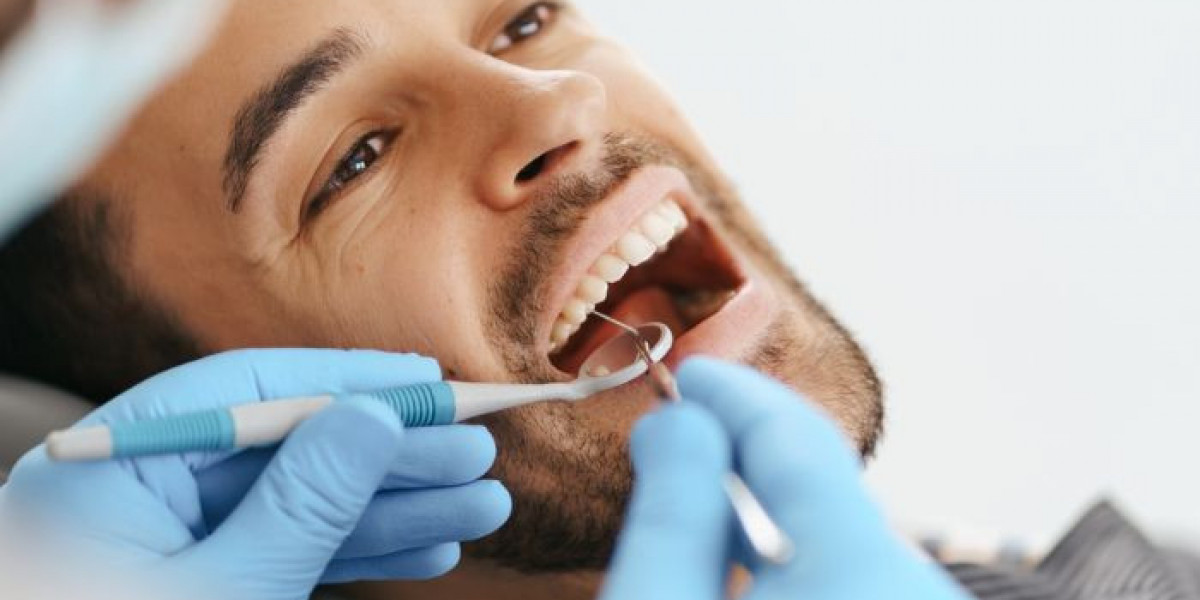When people think about healthcare, they often focus on physical fitness and nutrition. However, dental health remains overlooked despite its critical importance. Many individuals skip dental appointments thinking they can save money. What they don't realize is that ignoring teeth actually costs more long-term. Preventive dental care should be part of every comprehensive health plan. Your mouth reflects your overall health and wellbeing significantly.
The Connection Between Oral Health and Systemic Diseases
Your teeth and gums aren't isolated from the rest of your body. Research shows that poor oral hygiene leads to serious health complications. Gum disease, for example, links directly to heart disease and stroke. Bacteria in your mouth can enter the bloodstream through infected gums. This causes inflammation throughout your cardiovascular system over time. Diabetes patients face increased risk of developing periodontal disease too. Similarly, gum infections can make blood sugar harder to control. Prevention is genuinely the best medicine for overall health protection.
How Preventive Dental Care Saves Money Long-Term
Many people avoid regular dental visits due to upfront costs. Yet this strategy backfires because untreated problems become expensive emergencies. A simple cavity costs $100 to $200 when caught early. The same cavity requires root canal therapy if left untreated. Root canals can cost $800 to $1,500 per tooth. Extractions and dental implants are even more financially devastating annually. Insurance companies recognize this economic reality and promote preventive care. They cover cleanings and checkups because prevention reduces overall expenses.
Understanding Preventive Dental Care Components
Preventive dental care includes regular cleanings, examinations, and X-rays professionally. Your dentist removes tartar and plaque buildup that brushing cannot eliminate. Professional cleaning prevents gum disease and tooth decay from progressing. Fluoride treatments strengthen tooth enamel against acidic substances and decay. Sealants protect the chewing surfaces of your back teeth effectively. These preventive measures work together to maintain optimal oral health. Regular visits help your dentist catch problems before they spread. Early detection means simpler, less costly treatments for dental issues.
The Impact of Preventive Dental Care on Quality of Life
Healthy teeth directly influence your confidence and social interactions daily. People with dental problems often avoid smiling or speaking publicly. This affects their professional opportunities and personal relationships significantly. Tooth pain and infections cause difficulty eating nutritious foods properly. Poor nutrition then contributes to other health problems systematically. Maintaining healthy teeth through prevention preserves your quality of living. You can enjoy foods, smile freely, and interact confidently always. Prevention ensures you keep your natural teeth throughout your lifetime.
Why Employers Should Include Dental Coverage
Forward-thinking employers include comprehensive dental coverage in benefits packages. Employees with access to preventive dental care take fewer sick days. Oral pain and infection cause lost productivity at work constantly. Dental problems lead to decreased concentration and job performance overall. Companies that offer dental benefits see improved employee satisfaction ratings. Workers feel valued when their employers prioritize comprehensive health coverage. Dental insurance attracts quality candidates during the hiring process. It also reduces employee turnover and improves workplace morale genuinely. Smart businesses recognize that dental benefits benefit the bottom line.
Public Health Importance of Preventive Measures
Public health officials increasingly emphasize the importance of preventive dentistry. Children who receive early preventive care develop better oral habits. These habits last throughout their entire lives beneficially. Community water fluoridation programs have reduced cavities significantly since implementation. Early intervention prevents serious infections that require emergency dental care. Prevention reduces strain on emergency rooms and dental clinics nationwide. It improves overall population health outcomes across all demographic groups. Schools with dental screening programs identify problems in young students. Early identification ensures children receive treatment before serious complications develop.
Technology Advancing Preventive Dental Care Options
Modern dentistry uses advanced technology to enhance preventive care significantly. Digital X-rays reduce radiation exposure while providing clearer diagnostic images. Intraoral cameras allow dentists to show patients exactly what's happening. Laser treatments can detect cavities before they become visible. Saliva testing now identifies specific bacteria causing gum disease problems. These innovations make prevention more effective and accessible than ever. Patients can understand their oral health status through visual demonstrations. Understanding your dental status motivates you to maintain preventive habits.
Making Preventive Dental Care a Personal Priority
Taking charge of your oral health starts with daily habits. Brush your teeth twice daily using fluoride toothpaste consistently. Floss daily to remove debris between teeth your brush misses. Limit sugary drinks and snacks that feed cavity-causing bacteria populations. Visit your dentist at least twice yearly for professional care. If you notice any pain or sensitivity, schedule appointments immediately. Don't wait for problems to become severe or painful. Your commitment to prevention protects your teeth and overall health.
Conclusion
Preventive dental care should be part of every comprehensive health plan. The evidence clearly shows that prevention saves money and improves health. Your teeth deserve the same attention as other body systems. Regular dental visits catch problems early before they spread extensively. Insurance coverage for preventive care benefits individuals and society overall. By prioritizing preventive dental care, you invest in your future. You're protecting not just your smile but your entire body. Make the commitment today to include dental health in planning. Your future self will thank you for the healthy smile maintained. Prevention truly is the foundation of lifelong dental wellness.








